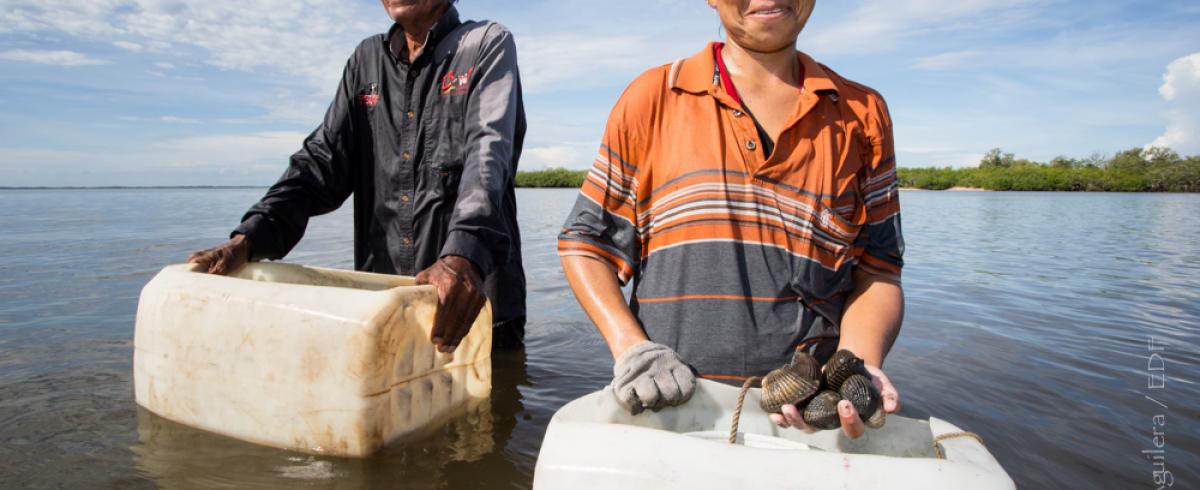Improving livelihoods and gender relations in the Barotse Floodplain fishery, Zambia
Drama skits that challenge gender norms have enabled women processors in the Barotse Floodplain to adopt and equitably benefit from improved processing technologies that reduce fish losses.

